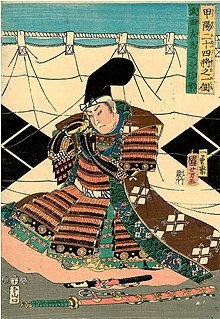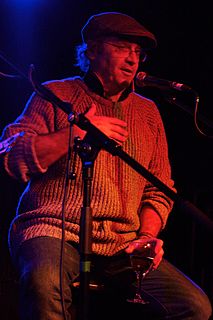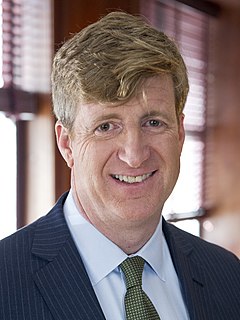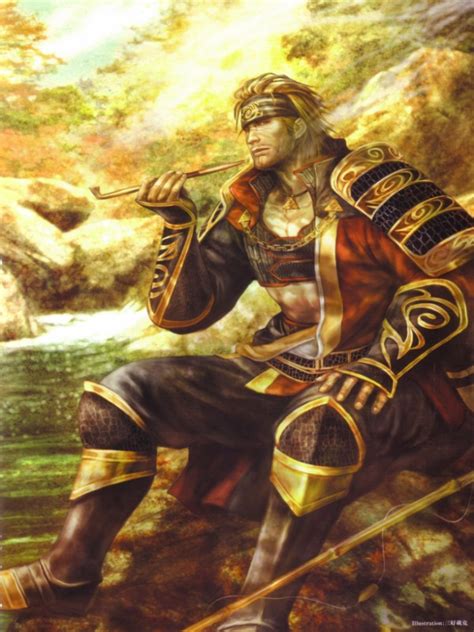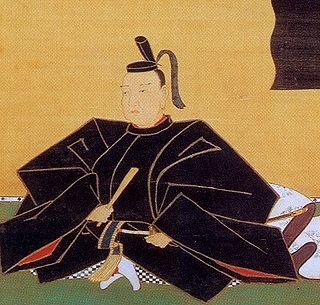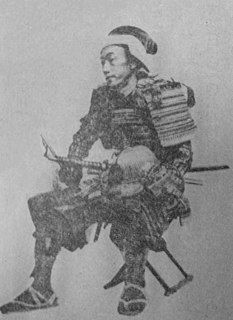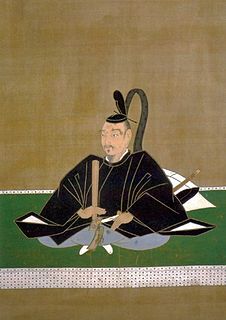A Quote by Takeda Nobushige
When one would make a surprise attack on the enemy, he should avoid the major roads and seek out the lesser ones. Then attack.
Related Quotes
If asked how to cope with a great host of the enemy in orderly array and on the point of marching to the attack, I should say: "Begin by seizing something which your opponent holds dear; then he will be amenable to your will." Rapidity is the essence of war: take advantage of the enemy's unreadiness, make your way by unexpected routes, and attack unguarded spots.
Osama Bin Laden is not well read and he's not sophisticated, but he will have worked out very coldly what America would do in response to this attack 9/11. I'm sure he wanted America to attack Afghanistan. Once you do what your enemy wants, you are walking into a trap, whether you think it's the right thing to do or not.
The art of the indirect approach can only be mastered, and its full scope appreciated, by study of and reflection upon the whole history of war. But we can at least crystallize the lessons into two simple maxims- one negative, the other positive. The first is that, in face of the overwhelming evidence of history, no general is justified in launching his troops to a direct attack upon an enemy firmly in position. The second, that instead of seeking to upset the enemy's equilibrium by one's attack, it must be upset before a real attack is, or can be successfully launched
